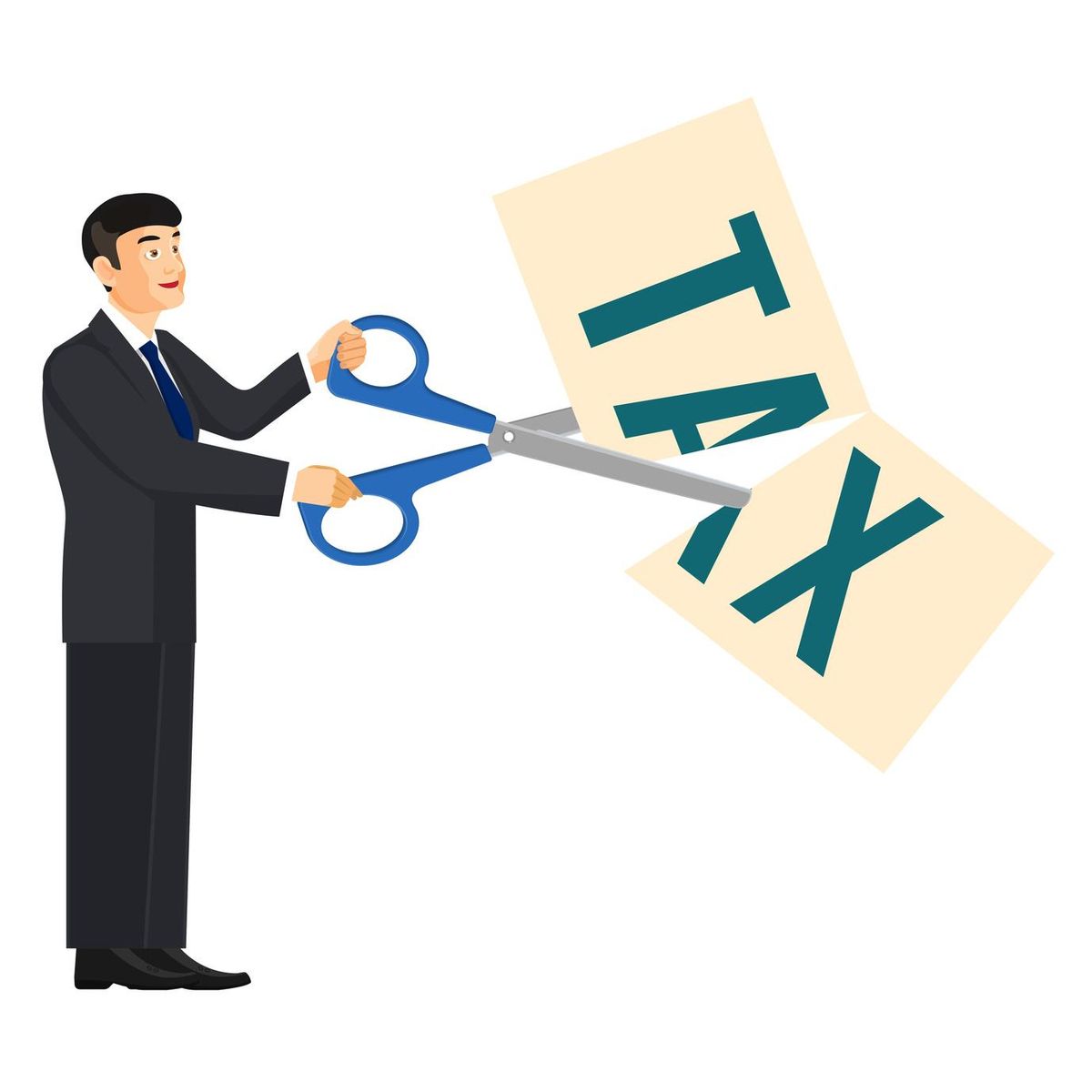
Small Business End-of-Year Tax Tips
As we approach the end of the year, the festive holiday season comes to a close with the start of tax season. As a small business owner, chances are you are looking for end-of-year tips to lower your taxes. Starting in December can help you lower your current year tax payment, while putting strategies in place now will help you manage your taxes for the coming years.
Small business end-of-year tax tips apply differently, depending on the accounting method you use and your unique situation. Since about 80% of businesses are pass-through entities reporting business income and deductions on a Schedule C of a personal tax return, chances are good the following methods for decreasing profits to lower taxes will work for you, but check with a tax professional or accountant if you are unsure.
Tips to lower taxes
Small businesses are taxed based on profits earned—the amount of money you have left after your expenses are paid. In order to lower your taxes, you need to decrease revenue and increase expenses.
1. Decrease revenue
Deposit less money in your business bank account during the month of December. Lower revenues means lower profits.
Any payments your company receives in December that can be deferred until the first week of January will reduce your current year tax bill. It means the money deposited in January is then being calculated in the following year's taxes if your business uses cash basis accounting.
Just be sure your business cash flow will not be negatively affected by deferring income. Send December invoices later in the month to receive income in January.
More articles from AllBusiness.com:
- How to Sell in the Last Few Days of December
- The 12 Days of Christmas Retail: Tips to Maximize Your Holiday Sales
- New Research Confirms Virtual Work Increases Employee Productivity
- 6 Key Tasks for Your End-of-Year Business Checklist
2. Increase expenses
The more you pay for qualified business expenses, the less profit you make. Write as many business-related checks or pay as many business bills as possible during the month of December. Also, purchase items your business requires in the future—office supplies like fax or printer paper, ink, stationary, pens, paper clips, etc.—to maximize current tax deductions.
If you know you will be in need of new office equipment, you can decide to purchase these items in December as well, rather than waiting for the new year, unless spreading out the depreciation of the items over several years makes more sense. Consult a tax professional or accountant if you need help deciding which method is best, and keep in mind any equipment purchased in December needs to be put into use in December.
Pay bills for your business a little early. If you have cell phone bills, subscriptions, rent, utilities, insurance costs, etc., you can often pay for these expenses a month in advance.
Prepare for next year
The best time to prepare for future taxes is while you are filing the current year taxes. Spend time reviewing your company's financial situation and make sure your accounting records are up-to-date, accurate, and organized.
See if there are strategies you could put in place at the start of the year to help reduce taxes for the following year, like a flexible spending plan for medical expenses or contributions to a retirement plan.
RELATED: The Year-End Bookkeeping Checklist: 3 Tasks to Get Started On Today



